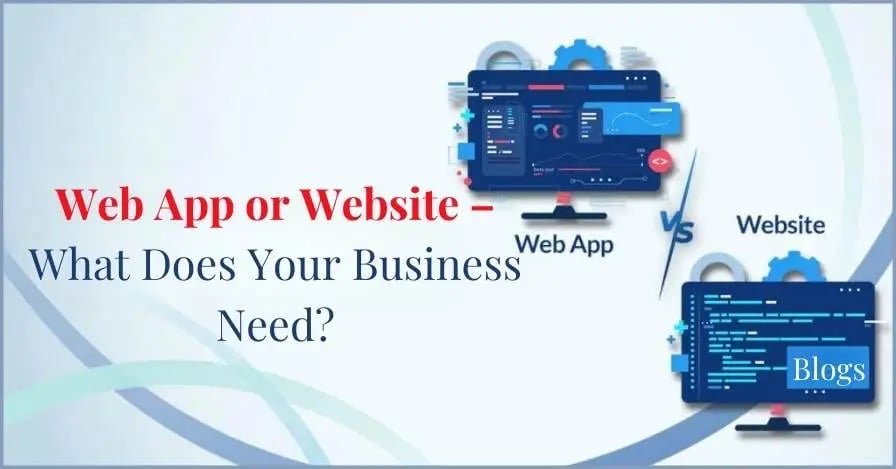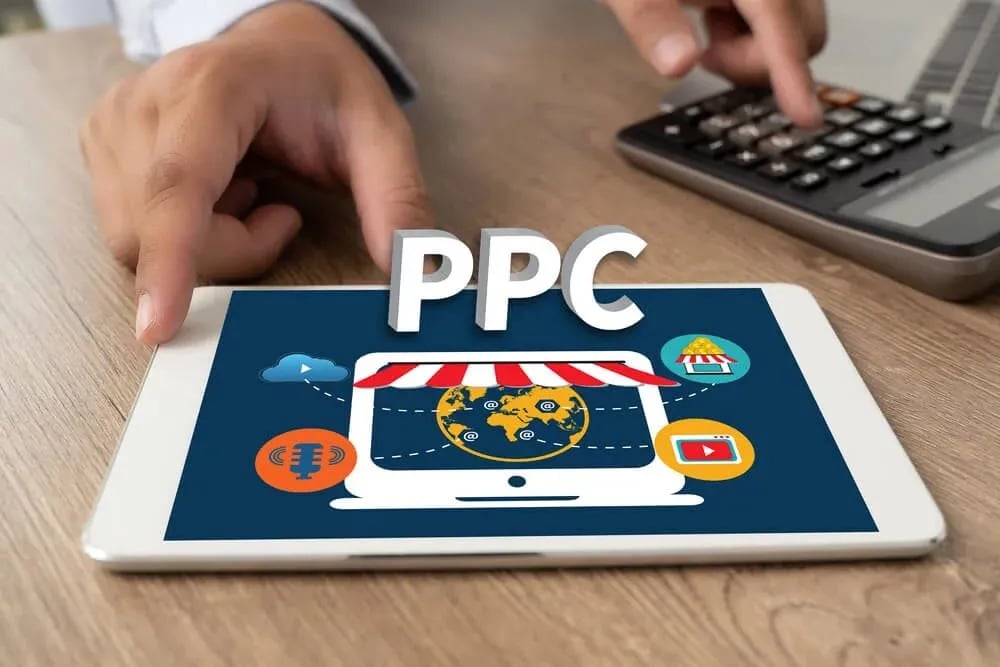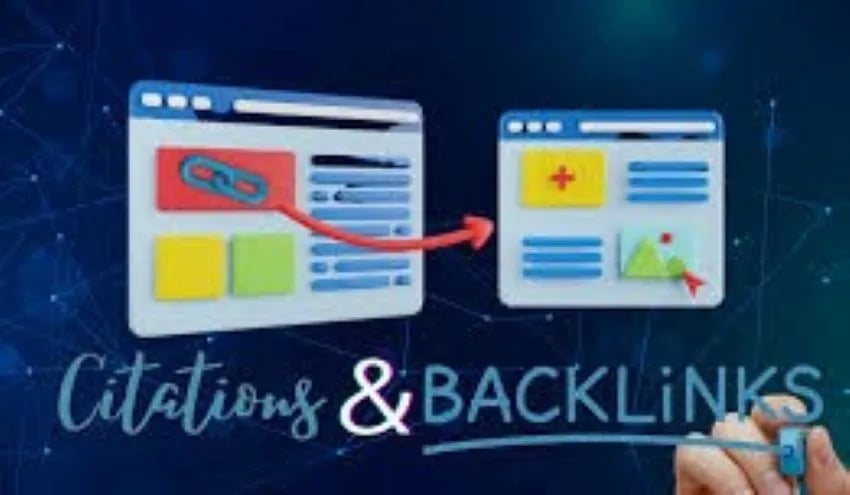
Website, in today’s digital age, having a strong online presence is crucial for driving brand awareness, generating leads, and achieving business goals. But, have you ever wondered whether your business needs a website or a web application? Both options can help you establish an online presence, but they serve different purposes and cater to distinct needs. As you navigate the digital landscape, it’s vital to understand the key differences between websites and web apps to make an informed decision. If you’re still unsure, check out this insightful article on Website vs Web Application: Which One Suits your Business Needs. In this post, we’ll investigate into the distinct characteristics of each option, helping you determine which one aligns with your business objectives and goals.
Defining Web Apps and Websites
For any business looking to establish a strong online presence, understanding the differences between web apps and websites is crucial.
What is a Web App?
Apps have revolutionized the way we interact with the digital world. A web app is an online application that can be accessed through a web browser, similar to desktop software installed on your computer. The key difference is that you don’t need to download anything, as web apps are accessible from any device or web browser. This flexibility makes web apps an attractive option for businesses looking to provide customers with a seamless user experience.
Web apps are often used to complete a wide range of purposes. As an online tool, a web app is extremely customizable, from shopping and entertainment to dating and social networking. The list of what users can accomplish through a web application is virtually endless.
What is a website?
An online presence is vital for any business, and a website is often the first step in establishing that presence. A website is a collection of digital content typically associated with a specific domain name and accessible via the internet. It can range from a single-page website to one that includes more than 1,000 pages.
Websites are used primarily as digital billboards to display information and drive awareness about a business, product, or service. Nowadays, a website is one of the consumers’ most fundamental tools to find information and connect with businesses. At Mister Nguyen Agency, we understand the importance of having a strong online presence, which is why we offer expert design and branding services to help businesses establish their identity.
What makes a website effective is its ability to provide users with the information they need quickly and easily. Whether it’s showcasing products, services, or company news, a website is a vital tool for any business looking to attract and engage with customers. By incorporating social media and other digital marketing strategies, businesses can drive traffic to their website and generate leads.
Purpose and Objectives

One of the most critical factors in deciding between a website and a web app is understanding their purposes and objectives. Before making a decision, take some time to evaluate your needs and consider which option best suits your business goals.
Web Apps: Customizable and Interactive
Purposely designed to facilitate complex interactions, web apps offer a high level of customization, allowing users to accomplish a wide range of tasks. From shopping and entertainment to social networking, the possibilities are endless. As an online tool, a web app provides users with a dynamic experience, enabling them to engage with your product or service actively.
In today’s digital landscape, web apps have become an imperative part of many businesses, providing customers with a seamless and interactive experience. With a web app, you can offer your customers a personalized experience, increasing user engagement and retention.
Websites: Digital Billboards for Information and Awareness
Any business looking to establish an online presence typically starts with a website. Primarily used as digital billboards, websites display information and drive awareness about a business, product, or service. Nowadays, a website is one of the consumers’ most fundamental tools to find information and connect with businesses.
Plus, having a website can generate interest and demand for your product even before launch. It’s also a great way to drive continuous user engagement and retention after launch. By providing valuable content and insights, you can attract potential customers and establish your brand as an authority in your industry.
By understanding the purpose and objectives of each, you can make an informed decision about which option best suits your business needs and goals.
Components and Interactivity
All businesses, including yours, require a robust online presence to attract and engage customers. When deciding between a website and a web app, it’s necessary to consider the components and interactivity involved in each option.
Static vs. Interactive Elements
On one hand, websites typically consist of static pages with minimal interactivity. They are ideal for displaying information, showcasing products or services, and driving brand awareness. On the other hand, web applications feature interactive elements that enable users to perform specific tasks, such as online shopping, social networking, or entertainment.
When evaluating your business needs, ask yourself: Do you want your customers to simply consume content, or do you want them to engage with your product or service actively? If it’s the former, a website might suffice. However, if you want to provide a more immersive experience, a web app is likely the better choice.
Website Features vs. Web App Features
For instance, a website might include features like a blog, contact form, or online store, whereas a web app might incorporate more complex functionalities like user authentication, data storage, and real-time updates. Web apps often require more advanced technologies and programming languages, such as HTML, JavaScript, CSS, and XML, to create interactive and dynamic experiences.
This distinction is crucial because it directly impacts the development process, cost, and ultimately, the user experience. By understanding the differences between website features and web app features, you can make an informed decision about which option best aligns with your business goals and customer needs.
This is where Mister Nguyen Agency comes in – our team of experts can help you design and develop a website or web app that meets your unique requirements and exceeds your customers’ expectations. Whether you need a visually stunning website to showcase your brand or a highly interactive web app to drive user engagement, we’ve got you covered.
Accessibility and Authentication
To ensure your business reaches its target audience effectively, it’s important to consider the accessibility and authentication aspects of both websites and web apps.
As discussed in Website vs Web App: What’s Best for Your Business? understanding the differences between these two digital platforms is crucial in making an informed decision. Now, let’s dive deeper into the accessibility and authentication aspects of websites and web apps.
Similarities in Accessibility
Accessibility-wise, both websites and web apps share some commonalities. They both require an internet connection and a web browser to access, eliminating the need for downloads or installations on devices. This makes them easily accessible to users across various devices and platforms.
Moreover, both websites and web apps can be designed to cater to users with disabilities, ensuring equal access to information and services. This is particularly important for businesses, as it helps expand their customer base and comply with accessibility regulations.
Differences in Authentication
Similarities aside, there’s a significant difference in authentication between websites and web apps. Most web applications require user authentication to ensure the security and integrity of the platform. This involves users creating accounts, logging in, and accessing personalized features and data.
In contrast, authentication is often optional for informational websites. According to a study by Lift AI, 98% of an average site’s traffic consists of unregistered website visitors. This is because websites primarily serve as digital billboards, providing information and driving awareness about a business, product, or service.
To further understand the implications of authentication, consider how it affects user engagement and experience. Web apps that require authentication can provide personalized experiences, tailored to individual user needs and preferences. This can lead to increased user loyalty and retention, ultimately driving business growth.
Development and Complexity

Many businesses struggle to decide between a website and a web app, and one of the key factors that can influence this decision is the development process and complexity involved.
Website Development: Focus on Content
To create a website, you’ll need to focus on developing a platform that showcases your content in a visually appealing way. This typically involves designing and building a series of static pages that provide information about your business, products, or services. The development process for a website is often less complex than that of a web app, as it primarily involves creating a digital brochure that users can browse through. With a website, you can expect a relatively faster development timeline and lower costs compared to a web app.
According to a report by Website Builder, the average cost of building a website can range from $500 to $10,000, depending on the complexity and features required. Additionally, the development timeline for a website can take anywhere from a few weeks to a few months.
Web App Development: Focus on Interactivity
Development of a web app, on the other hand, requires a focus on creating an interactive platform that enables users to perform specific tasks. This involves designing and building a dynamic system that can handle user input, process data, and provide a seamless user experience. The development process for a web app is often more complex and time-consuming than that of a website, as it requires a deeper understanding of web standards, scripting, and advanced programming languages.
A web app development project can take several months to complete, and the costs can range from $10,000 to $100,000 or more, depending on the complexity and features required. According to a report by GoodFirms, the average cost of building a web app can range from $15,000 to $50,000.
A key aspect of web app development is ensuring that the platform is scalable, secure, and provides a seamless user experience. This requires a deep understanding of the underlying technology and a robust testing process to ensure that the app meets the required standards.
By understanding the development process and complexity involved in building a website or web app, you can make an informed decision about which platform is best suited for your business needs and goals. At Mister Nguyen Agency, we specialize in designing and developing custom web apps that drive user engagement and revenue growth. Contact us today to learn more about how we can help you achieve your business objectives.
Cost and Time Considerations
Your business goals and needs play a significant role in determining whether you require a website or a web app. However, another crucial aspect to consider is the cost and time involved in developing and maintaining these digital platforms.
Factors Affecting Development Costs
In the matter of development costs, several factors come into play. These include the size and complexity of your project, the technology stack required, the expertise and location of your development team, and the timeline for completion. For instance, a web app with advanced features and a custom design will naturally cost more than a simple website with a template-based design.
Here are some key factors that can impact development costs:
- The number of pages and features required
- The level of customization and design complexity
- The technology stack and programming languages used
- The experience and location of your development team
- The project timeline and deadlines
Assume that a more complex web app with advanced features will require a larger budget and a longer development timeline.
The Importance of Starting Lean with an MVP
Lean startup methodology emphasizes the importance of launching a minimum viable product (MVP) to test your idea in the real world. This approach allows you to gather feedback from customers, identify areas for improvement, and make data-driven decisions to iterate and refine your product.
By starting lean with an MVP, you can avoid wasting resources on features that may not provide value to your customers. Instead, you can focus on building a solid foundation that meets their needs and expectations.
A well-designed MVP can help you validate your idea, gather feedback, and create a loyal customer base. It’s necessary to prioritize features, focus on simplicity, and iterate based on customer feedback to ensure the success of your web app.
Conclusion
With these considerations, you’re now equipped to make an informed decision about whether a website or web app is best suited for your business needs. Do not forget, the key to success lies in understanding your goals, target audience, and the type of interaction you want to have with your customers. If you’re looking to drive brand awareness, generate leads, and provide information about your products or services, a website might be the way to go. However, if you want to create a more immersive and interactive experience for your customers, a web app could be the perfect solution.
At Mister Nguyen Agency, we understand the importance of having a strong online presence. Our team of experts can help you design and develop a website or web app that aligns with your business goals and objectives. Whether you’re looking to establish a social media presence, create a brand identity, or drive user engagement, we’ve got you covered. Contact us today to learn more about how we can help you achieve your online aspirations.











